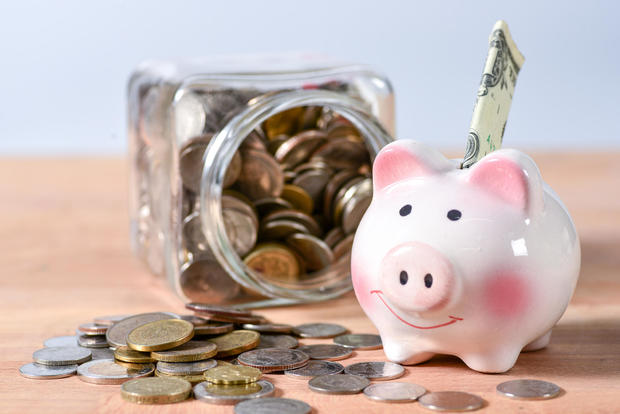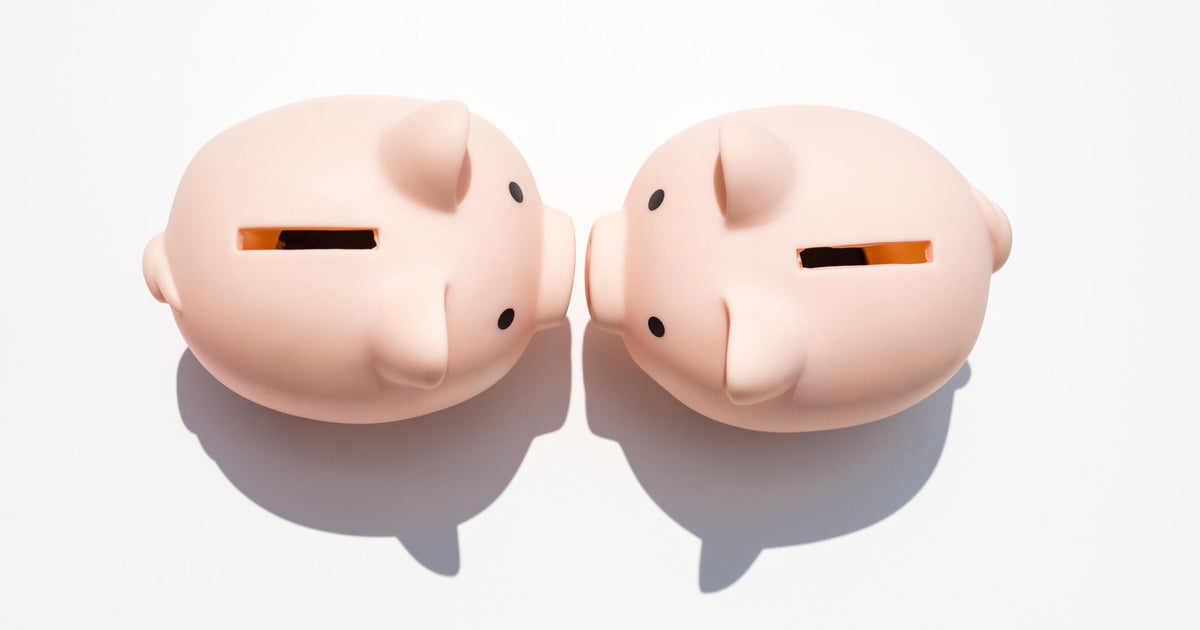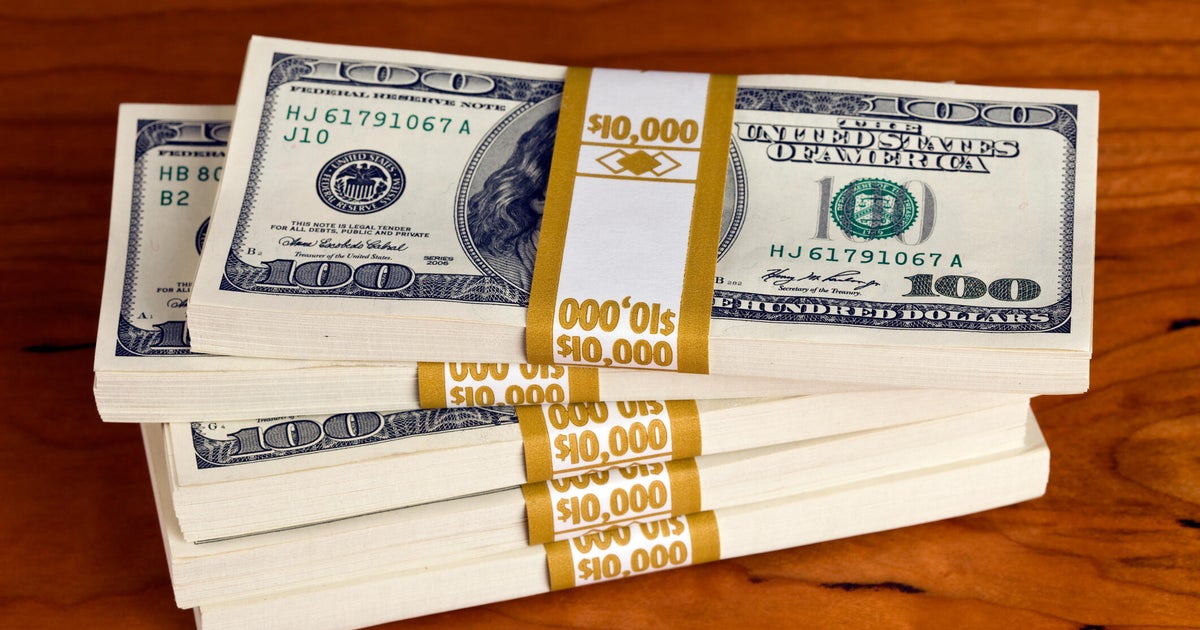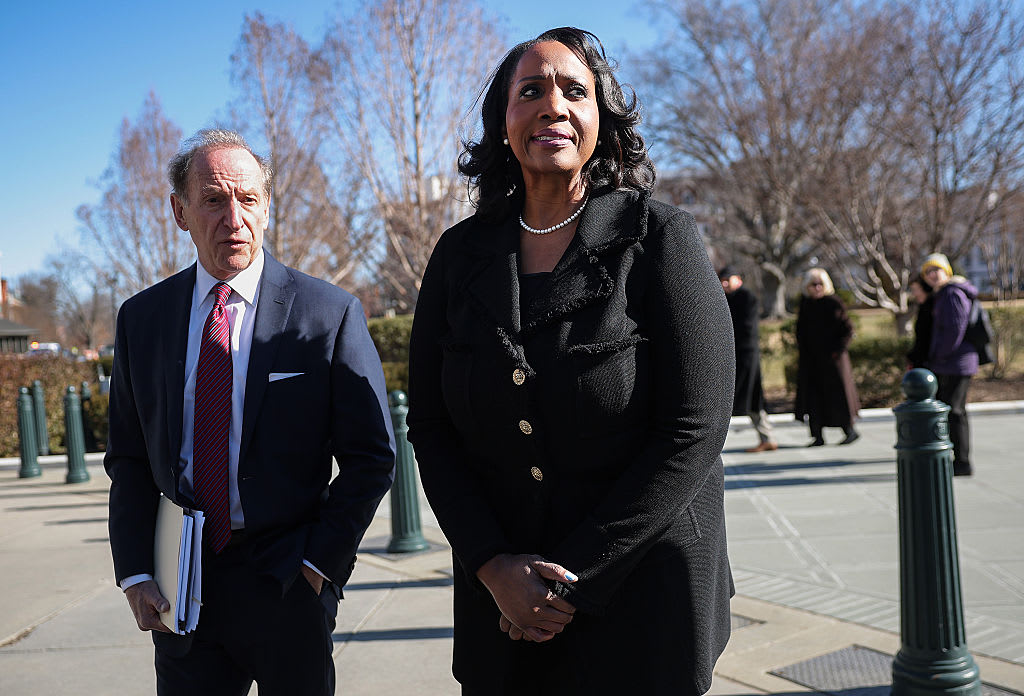What will happen to long-term CD rates in 2024?
Thanks to the Federal Reserve's 11 rate hikes over the last few years, rates on certificates of deposits (CDs) have soared. In fact, the moves even spurred a reversal in how CD rates typically shake out with shorter-term CD terms offering higher rates, while longer-term ones offered lower ones.
"This is a case of an unusual situation where we're seeing an inverted-rate environment," says Eric Croak, president of Croak Capital in Toledo, Ohio. "It means that shorter-term CDs are currently offering higher yields compared to their longer-term counterparts. Historically, when you were willing to lend your money for a longer period, you'd expect a higher interest rate in return."
The reasons behind this are many, but the gist is this: Offering high rates now, when the Fed's rate is still elevated, is a safe way to ensure returns and still attract depositors. But offering those high rates for too long? That opens the door to potential rate drops — and then banks are stuck paying higher-than-average rates for years to come.
"Normally, long-term CD yields should be higher than shorter-term issues," explains Rick Miller, a financial planner at Miller Investment Management in Clearwater, Florida. "The fact that this is happening reflects the uncertainty of banks regarding the future movement of interest rates. So, rather than risk guessing wrong and losing money on long-term rates, the lenders pump up the short-term yields to grab the profits while they can, and the American savers love it."
The question is: How long will this trend continue? And if you want to maximize your earnings, what will be the best place to put your cash this year?
See how much you could be earning with a top long-term CD rate here now.
What will happen to long-term CD rates in 2024?
This year will be all about watching the Federal Reserve and, more specifically, what it does with its benchmark federal funds rate (the rate banks pay to borrow money).
"It serves as a guideline for interest rates of all types across the economy," Miller says of the Fed rate. "And after years of incredibly low interest rates — the Fed funds rate was at 0% for a time — CD rates are now at attractive levels and money is pouring into banks."
He's right: The Fed hiked rates 11 times between early 2022 and mid-2023, resulting in a run-up on interest rates of all types and, subsequently, CD and savings deposits. But recently, the central bank has eased off its rate hikes, opting instead to hold its federal funds rate steady. There are even hints that cuts could be coming.
"There has been a recent trend of decreasing inflation, and the Fed has hinted at the possibility of rate cuts in 2024," Croak says.
Should this happen, interest rates on all products — savings accounts, mortgages, and CDs, among them — would inevitably fall.
Lock in a high CD rate before that happens here now.
What savers should look for
A lower federal funds rate will certainly mean reduced CD rates, too, but would long- and short-term CDs both get hit? Experts say yes, but today's current dichotomy, with short-term CDs offering higher returns, would likely remain in place.
"In a declining rate environment, you will usually see higher short-term rates than long term rates," says Lionel Poudevigne, head of consumer deposit pricing at KeyBank in Ohio. "As of today, short-term rates in the six- to 12-month range are where higher rates can be found. With the downward outlook, we might expect those rates to trend down over time but still skew toward shorter terms being the most competitive."
The logic of this comes down to an "assets to liabilities" comparison, says Matt Willer, director of capital markets at Phoenix Capital Group Holdings in Denver.
"Banks like to manage their book of assets to liabilities on similar schedules," Willer says. "With the forecast of lower rates, banks are hesitant to offer higher returns on longer terms because you don't want 5.5% CDs out there on three to five-year terms if, in two years, you are issuing mortgages at 4%."
Who long-term CDs will be smart for
Should short-term CDs continue to offer higher rates, as experts predict, that doesn't mean long-term CDs should be avoided. In fact, since CD rates are going to decline overall, opening in a long-term CD today could mean locking in a much higher rate than you might see on any CD a year or two down the road.
"It may seem counterintuitive to pick a longer-term CD that offers a lower interest rate, but keep in mind that you are locking in that interest rate for more years," says Kendall Meade, a financial planner at SoFi. "This can still be more beneficial because if you lock in a high interest rate for a year but don't need the money for three years, you would still need to reinvest that money after that CD expires. But at that time, rates could have decreased."
Just keep in mind that CDs often come with early withdrawal penalties, so you'll need to make sure you can leave the money untouched for the entire term. For this reason, Meade says, you'll want a flush emergency fund, ideally one stored in a high-yield savings account. This will keep you from dipping into that CD should an unexpected cost crop up.




